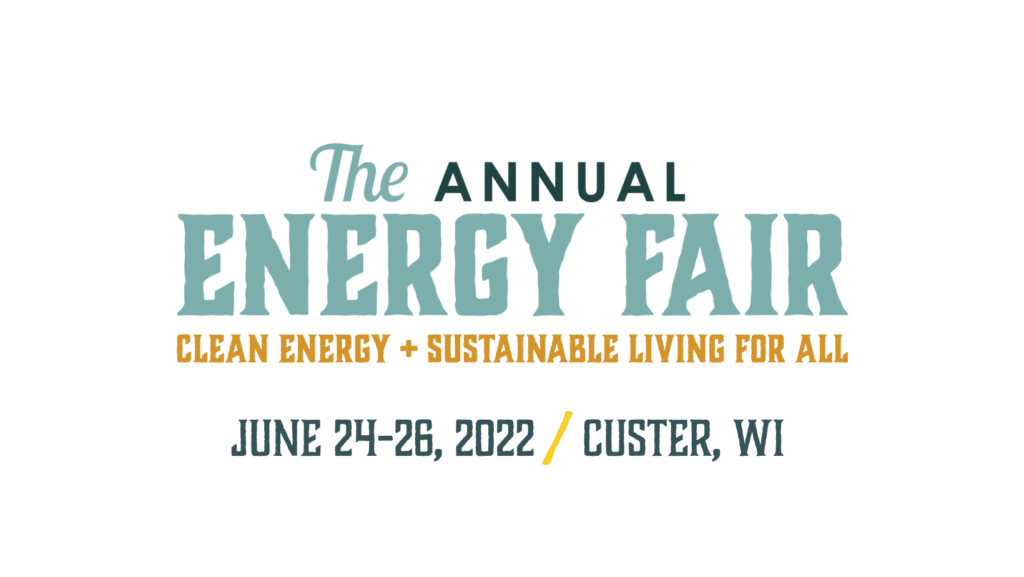Last weekend, the Midwest Renewable Energy Association (MREA) hosted the 31st Annual Energy Fair, bringing people together to learn about sustainability and clean energy, connect with others, and take action toward a sustainable future. The Fair featured workshops, exhibitors, live music, inspiring keynote speakers, family fun, great local food, and more.
RENEW staff presented some compelling workshops and you can download slides from their presentations below.
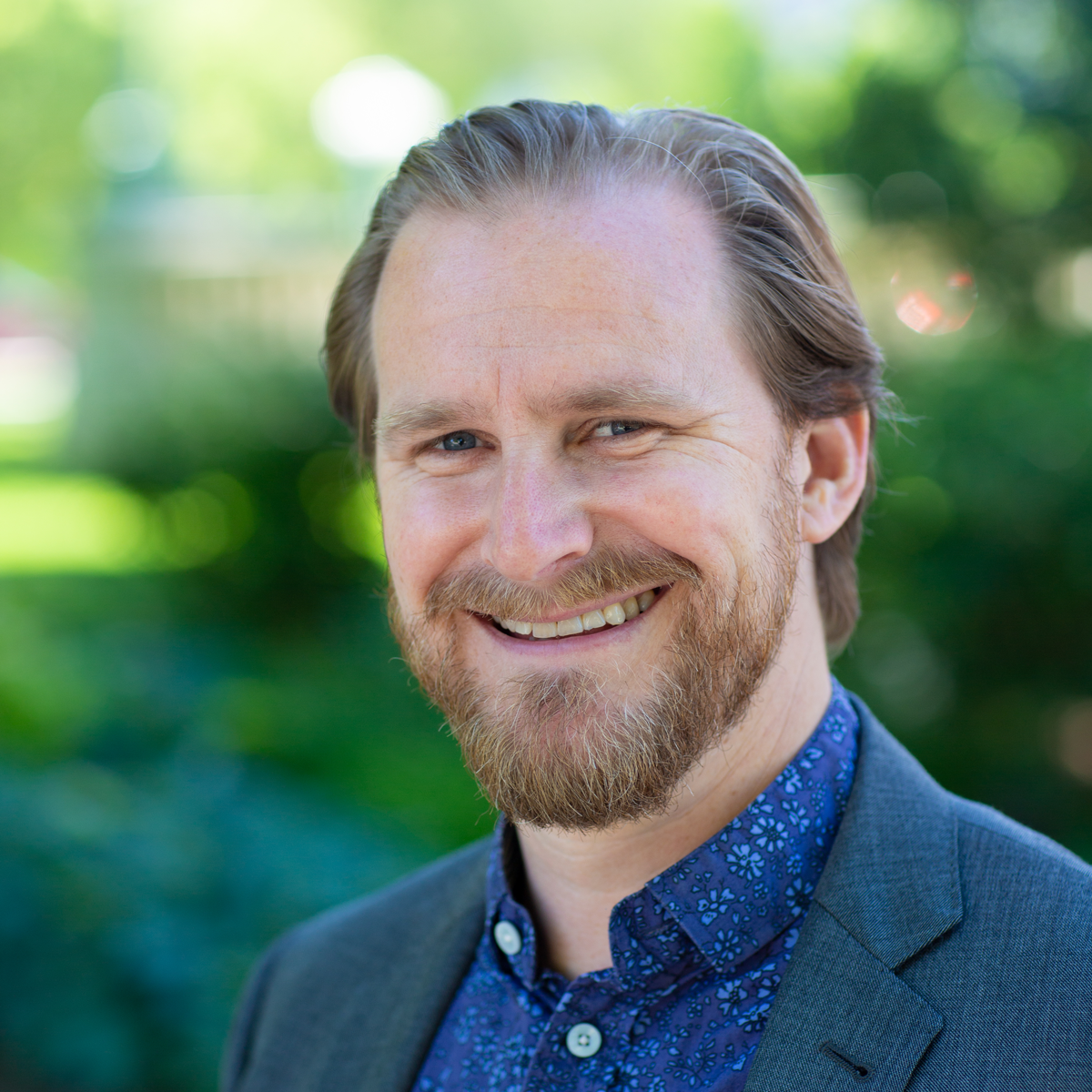
A Zero-Carbon Grid – How We Get There
Andrew Kell, RENEW Policy Analyst, discussed zero-carbon goals and ongoing planning efforts in Wisconsin. Andrew also discussed a joint study to address policy considerations of this clean energy transition.

Health Benefits of Electric Vehicle Adoption
Christina Zordani, Electric Vehicle Policy Intern at RENEW, discussed a Wisconsin with 100% clean-power electric vehicle adoption. In this workshop, attendees learned how a renewable-powered transportation network would bring significant economic and health benefits to Wisconsin.

Vehicle-to-Grid: Opportunities and Challenges
Francisco Sayu, RENEW Emerging Technology Director, discussed how Vehicle-to-Grid technology unlocks the energy stored in electric vehicles and opens opportunities for energy trading, energy management, and grid resiliency. The workshop delved into two case studies.
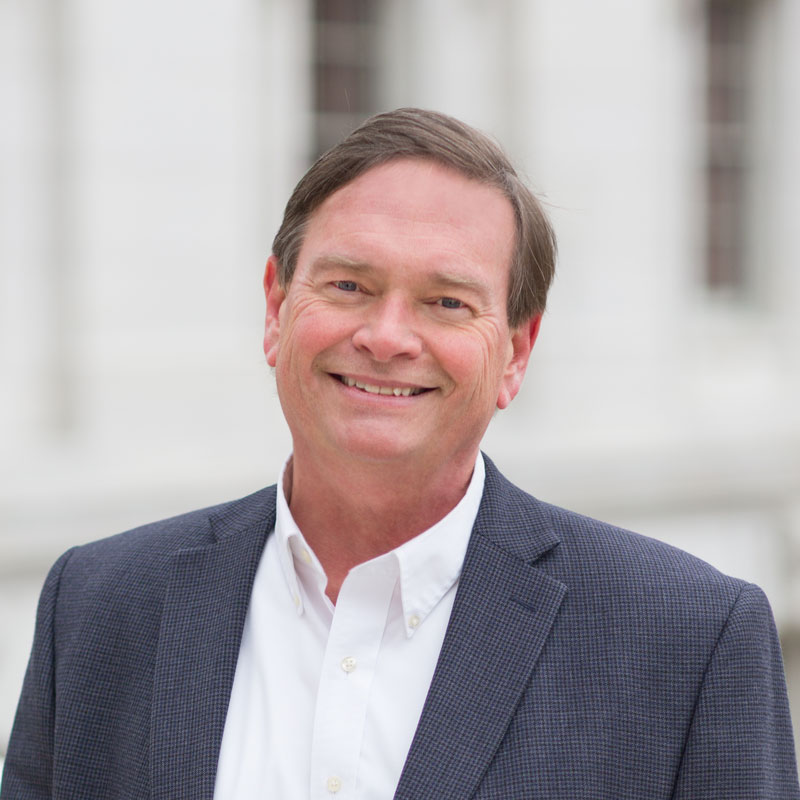
Energy Policy and Politics in Wisconsin
Jim Boullion, RENEW Government Affairs Director, reviewed the busiest legislative session for energy-related issues in many years, including solar financing, community solar, and electric vehicle rules.
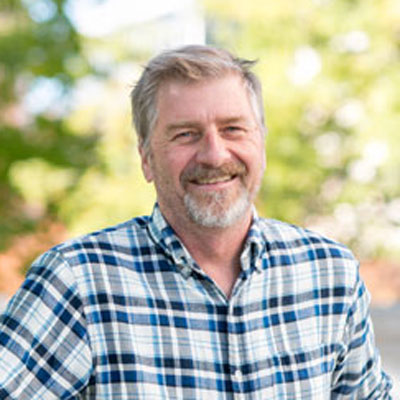
Small Solar Farms in Wisconsin – Why More Are Needed
Michael Vickerman, RENEW Policy Director, discussed initiatives to expand Wisconsin’s solar marketplace’s middle tier: offsite arrays serving groups of self-selecting customers or whole communities across Wisconsin.
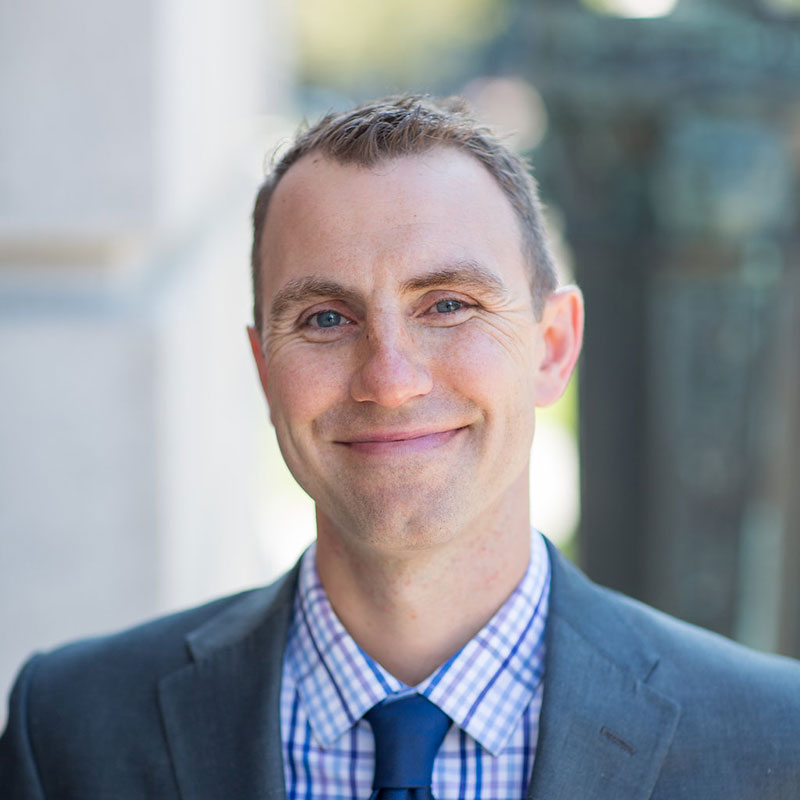
A Clean Energy Toolkit for Local Governments
Sam Dunaiski, RENEW Resources Director, discussed towns, cities, and counties in WI that are building the clean energy economy. By investing in renewables, WI communities are reducing carbon emissions, investing locally, and creating energy independence.

